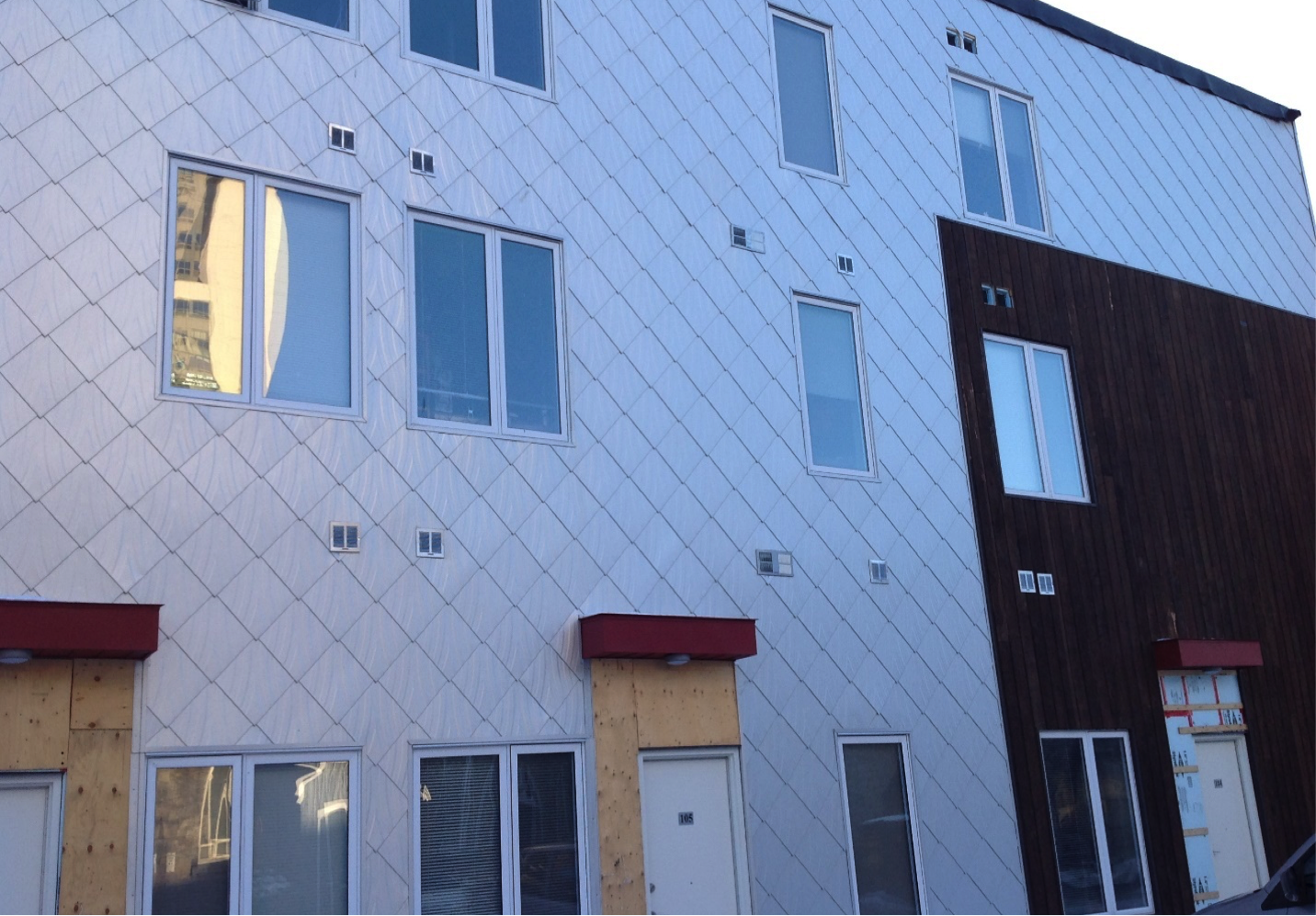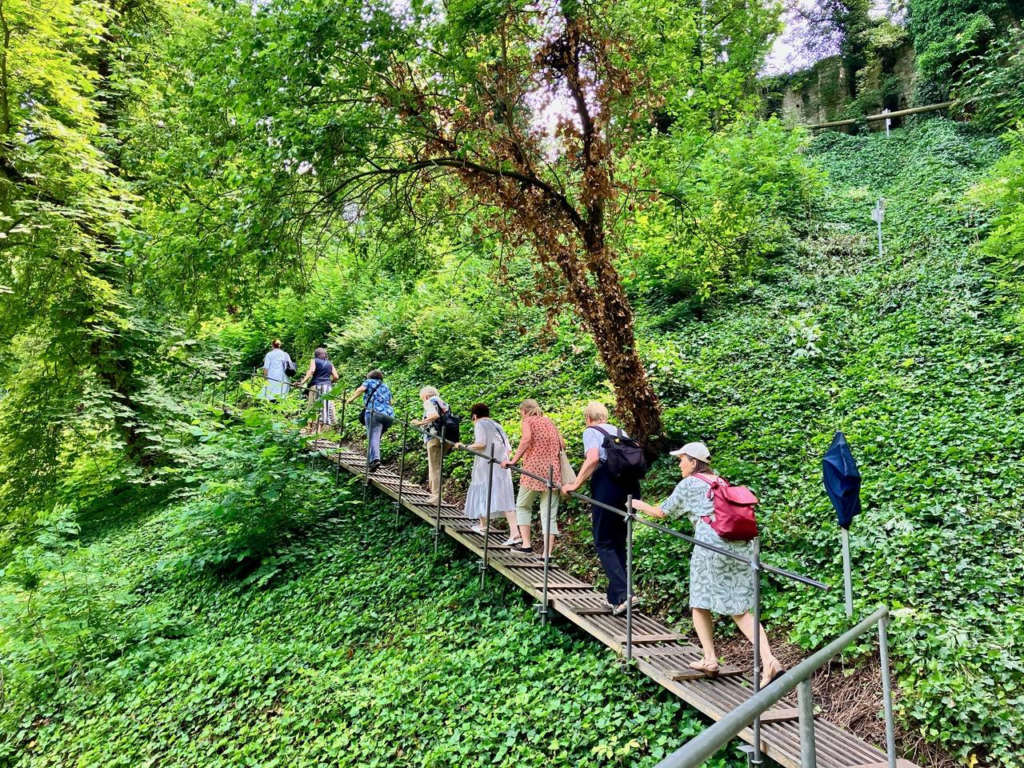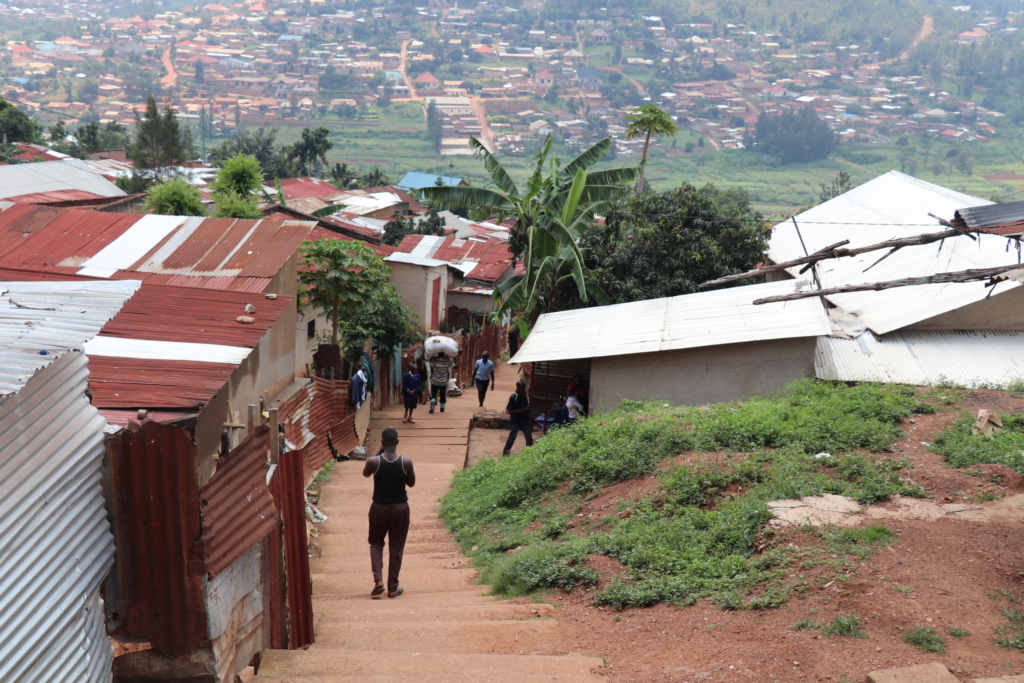City Know-hows

Target audience
Municipal, provincial and federal aging and housing-related policymakers
The problem
In broad terms, aging trends in Canada are similar to those found in many countries. The number of adults over the age of 65 in Canada is estimated to grow to over 9.5 million by 2030, which will comprise of 23% of the total Canadian population. As a result, the housing instability experiences of low-income older adults and their effects on successful aging will be crucial in the coming decades. Rapid urban change in Hamilton, a mid-sized Canadian city (pop. 550,000) in the province of Ontario, has resulted in rapidly rising private sector rents and displacement among low-income older adults renting in the private sector. As such, many low-income older adult households are experiencing involuntary displacement through a number of landlord tactics, including raising rents, letting buildings fall into disrepair, and in some cases ‘incentivized’ mobility, whereby cash bonuses are paid to tenants to move out, so the building can be renovated and leased for higher rents. Low-income older adults in Hamilton experiencing housing instability are at risk of becoming homeless for the first time as a senior.
What we did and why
We undertook a qualitative study of low-income older adults’ lived experiences of aging, precariousness and housing instability/homelessness in Hamilton, Ontario. We are adding to the small, but growing body of literature on precarity, aging and housing. However, in a departure from this existing literature, the lived experiences of aging, precariousness and housing instability/homelessness gathered have been collected through a multi-modal approach. For this approach participants were given tablets to record their photos, videos and written diaries of their housing-related experiences. This was supplemented individual semi-structured interviews and participant observation in community-based settings. Data collection focused on capturing participant personal ‘touch points’ in their own housing journeys.
This use of digital arts-based data gathering attempts to lessen the researcher-researched power imbalance by giving older adult participants the opportunity to exercise agency over which data are collected and when. This approach also assists in providing an appropriate platform for collecting sensitive and difficult to discuss housing instability/homelessness pathway experiences, which can be influenced by factors such as intimate partner violence and mental health and addiction challenges.
Our study’s contribution
Participant narratives provide compelling counter stories contesting popular notions that older adults will be taken care of as they age by the state or private savings. Recounting of participant experiences through a sensemaking frame allowed for an exploration of the question of what it means to be “devalued” as one ages; to the extent that securing shelter is an overwhelming and stressful journey. In sharing these stories, we are attempting to bring “recognizability” to the experiences of aging, precariousness and housing/homelessness in order to contribute to the conditions through which low-income older adults’ experiences can be folded into policy co-design geared towards affordable housing.
Impacts for city policy and practice
Our study provides lived experience data to support the development of policy frameworks focusing upon preventing housing instability and homelessness among older adults in Hamilton and other mid-sized cities in Ontario.
Specifically, the research:
Municipal programs should also aim to keep low-income older adults in their housing once they are housed, particularly when threatened with “renoviction” (this a term used in Canada whereby a landlord evicts a tenant by claiming they will complete major renovations – i.e. eviction for renovation).
Further information
The Canadian Housing Evidence Collaborative: Our mission is to accelerate evidence-based solutions that advance Canada’s National Housing Strategy to ensure every Canadian has “housing that meets their needs and that they can afford”.
Full research article:
A narrative-based exploration of aging, precariousness and housing instability among low-income older adults in Canadaby C. Michelle Wyndham-West, Allison Odger and James R. Dunn.
Related posts

Reducing loneliness through nature-based social prescribing: Testing innovations in six cities worldwide and generating evidence to support community-based solutions.

Big data is valuable for understanding the spread of health-enabling resources in cities. But what happens when those resources are not visible via GIS? We explored crowdsourced data as a solution.

Our cross-sectional study of 272 neighbourhoods of thirteen cities shows that diverse physical and social attributes of neighbourhoods influence mental well-being of the citizens in the Asia and Africa.